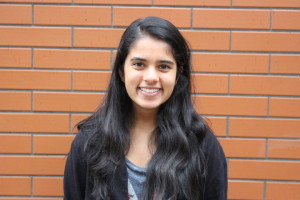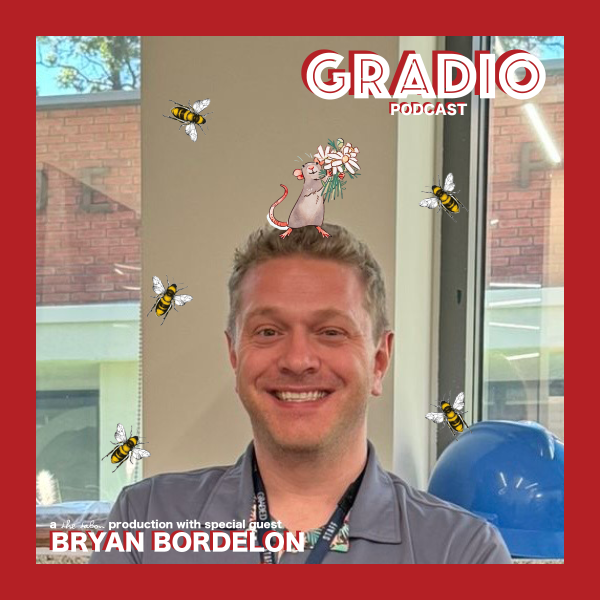The (dreaded) college Facebook group
I have succumbed to the integration of social networking with academics. I joined the IB Bio-Amaral 2012-2014 Facebook page; I added #g12recife to my pictures on Instagram; I even created @PoojaLiterature just to follow @MsMPfeiffer and @gradedtalon on Twitter. (By the way, follow us!) But, at the end of March, social networking and academics mixed in a new, strange way: college Facebook groups.
For those of you who haven’t yet faced the toils and tribulations of the college application process, let me walk you through my experience. On March 14, I sat in the Security Council committee room in Praia do Forte with my heel tapping against the side of my chair. I had my eyes focused on the clock in the bottom left of my desktop, waiting for 5 p.m. Eastern Standard Time: the time when Dean John Boyer clicked a button and sent out the decisions for the University of Chicago.
Five o’clock came and passed. But I was too scared to check. After seven deep breaths, I slowly walked out of the room, with my MacBook Pro under my right arm. I opened the email, clicked on the portal link, typed in my username and password, and watched as colorful balloons spelling out “congratulations” floated across the screen. I did all the essentials. I called my mom screaming, hugged delegates and chairs, made it my status. But, two days later, the UChicago Admissions Office told me I had forgotten a step: “We hope you’ve joined the Class of 2018 Facebook Page to e-meet all your fellow classmates.”
I clicked on the hyperlink and reached a group exclusively for students admitted to the UChicago Class of 2018. I requested access to the group, was accepted as a member, and all was well. But now, after over a month in this Facebook group and others like it, I realize that all was most certainly not well.
An essential difference between college Facebook groups and groups like IB Bio, Theory of Knowledge, and the Graded Class of 2014 is meeting versus communicating. When a notification from the Class of 2014 pops up on my newsfeed, I know the person posting. I recognize them by face and name, I have had classes with them, and I have talked to them in the hallway. Facebook is a way for me to communicate with them more easily. But the purpose of college Facebook groups is very different: meeting people. And that is where things go wrong. Because the impression given by a person’s two-sentence post, a person’s profile picture, a person’s emoticon usage is probably not the impression we will have of them for the next four years. And, like it or not, we all have an undeniable tendency to judge a book by its cover—or in this case its cover photo.
Another one of the many college Facebook group staples is the “______ College or ______ College?” post. And (big shocker) most of the comments are lengthy, passionate statements about why the college tied to this Facebook group is superior. What scares me is that people are letting these comments influence their decision. It’s one thing to seek advice from parents, friends, and teachers. But seeking advice from strangers who do not know you and have clearly biased opinions would probably make the decision harder, not easier.
So, as a victim of over 60 college-related Facebook notifications an hour, I likely injected a bit too much ranting into the last few paragraphs. But, if I could go back to those first hours of excitement, I would take a different route. I would let myself meet my future friends and classmates when I actually meet them, face-to-face. I would embrace that organic and refreshing, albeit scary, feeling of being amongst complete (but not for long) strangers.















